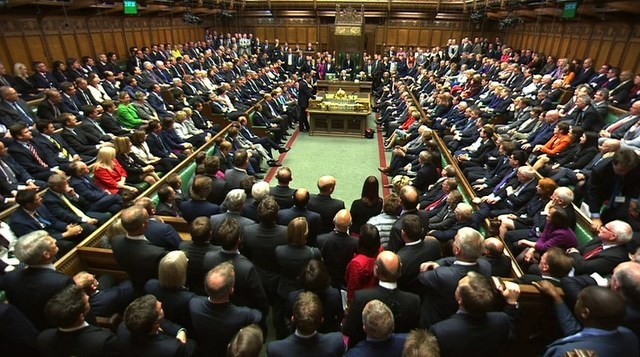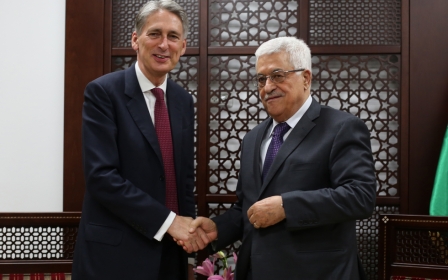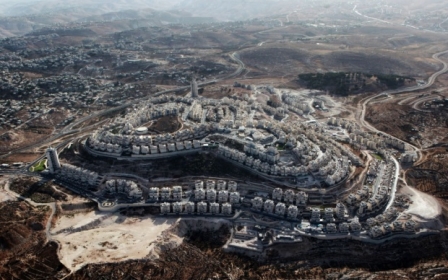UK 'will neither celebrate nor apologise' for Balfour Declaration: Minister

The UK government will "neither celebrate nor apologise" for the Balfour Declaration, the letter signed by the UK foreign minister in 1917 that helped bring the state of Israel into being, the foreign office minister responsible for Middle Eastern affairs has told parliament.
"The Balfour Declaration is part of our history that some celebrate and some condemn," Tobias Ellwood, the minister for Africa and the Middle East, told a special parliamentary debate convened to discuss next year's centenary of the event on Wednesday.
"It did not create the State of Israel, but it was a stepping stone along the way," Ellwood said during a debate to mark the start of centenary events for the declaration.
"We will not apologise, for the UK is a diverse country in which the historical show of support for the world's Jewish community means a great deal to many people. We continue to support the principle of a Jewish homeland and the modern state of Israel, just as we support the critical objective of a Palestinian homeland."
BEN WHITE: A century after Balfour, UK should face uncomfortable truths
Ellwood said that the Balfour declaration was a "product of its age" which had been "written in a world of competing imperial powers, in the midst of the first world war and in the twilight of the Ottoman empire".
Acknowledging that the declaration "had its flaws", Ellwood noted that it had called for the protection of the “civil and religious rights of existing non-Jewish communities in Palestine”.
"It should have protected their political rights, too, most especially their right to self-determination: a right that underpins the British commitment to a two-state solution to the Israeli-Palestinian conflict. We will mark the centenary of the Balfour declaration next year. Planning is still at an early stage, but I want to make it clear that we will neither celebrate nor apologise."
Ellwood also signalled frustration with the policies of contemporary Israel, saying: "It is 50 years since the occupation began... The occupation of the Palestinian Territories is unacceptable and unsustainable."
Some MPs had called for a "celebration" of the declaration. Conservative MP Caroline Ansell, who called the debate, said, "I am proud that our country supported the establishment of that national homeland [of Israel].
"Israel today is a multi-racial, multi-ethic democracy. An Arab judge sits in the supreme court," she told parliament.
"Elsewhere in the Middle East minority communities live in persecution and oppression.”
Labour MP Ivan Lewis said it was particularly important to celebrate the declaration in the context of a resurgence of anti-Semitism which, he said, "more often than not is linked to hostility to the state of Israel".
However, there is also a campaign urging the UK government to apologise for signing the declaration.
Mahmoud Abbas, the Palestinian president, has also said he will seek to sue the UK over the declaration, which he said "gave people who don't belong there...something that wasn't theirs".
New MEE newsletter: Jerusalem Dispatch
Sign up to get the latest insights and analysis on Israel-Palestine, alongside Turkey Unpacked and other MEE newsletters
Middle East Eye delivers independent and unrivalled coverage and analysis of the Middle East, North Africa and beyond. To learn more about republishing this content and the associated fees, please fill out this form. More about MEE can be found here.




